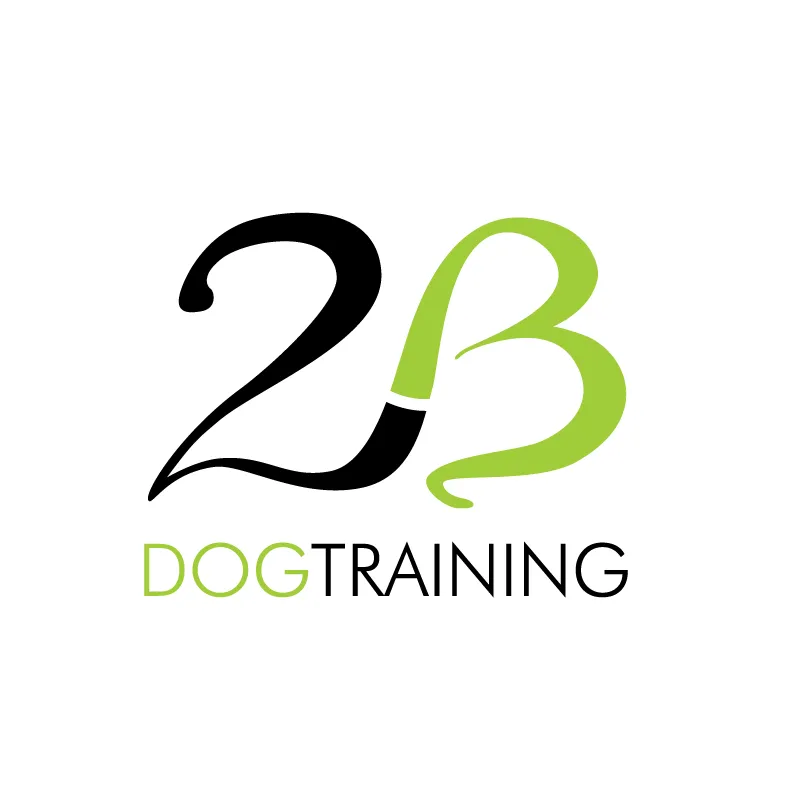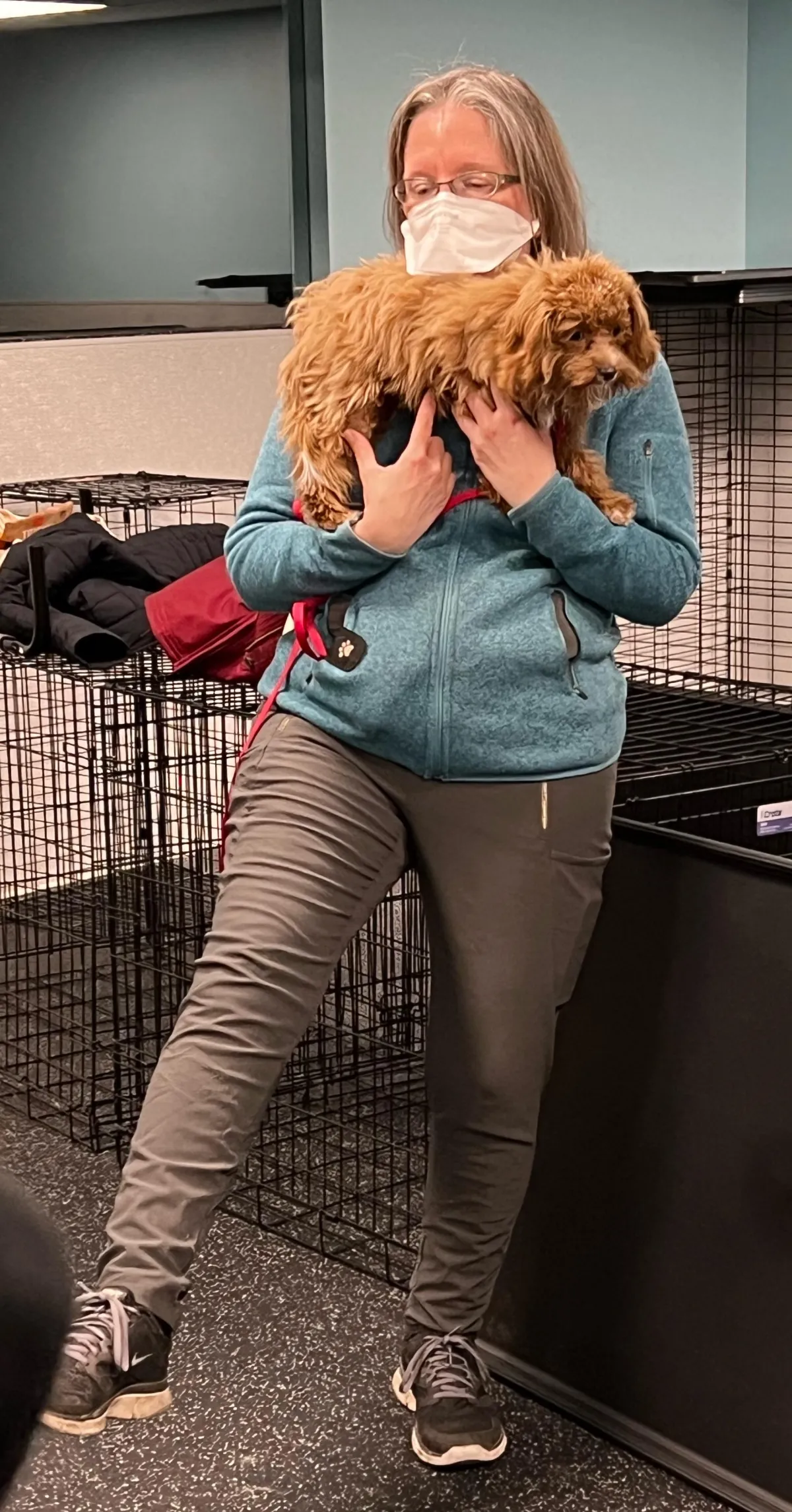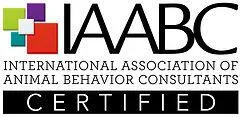

What Makes a Good Puppy Playgroup
“There will always be another chance for a good experience. You can't take back a bad experience.” - Viviane Arzoumanian
You want to choose a playgroup for your puppy, but how?:
You know that your puppy needs to meet other dogs during their critical socialization window but you're also hearing that they should have no contact with other dogs until they're fully vaccinated. It's confusing!
One great answer is to look for a safe, fun puppy playgroup.

Here are 6 green flags you can look for in a puppy playgroup!
1. Certified Force Free Trainers
Look for trainers who have some behavior knowledge as well as being able to train basic manners. While no certification guarantees that a trainer will be great at every single thing about training, it's a good place to start. You want to look for certifications that emphasize humane training, science, and setting the animals up for success. You can see my training and behavior consulting certifications here.
2. Requiring Proof of Vaccination
Look for playgroups that check vaccination status.
It is safe for puppies to play with other dogs who are properly vaccinated. Puppies can still play together, even though they will not be fully vaccinated until they are 6 months old. Pups should be vaccinated as appropriate for their age to be safe.
3. Lots of breaks
One of the keys to successful experiences for puppies is to make them short and fun. That's true for meeting people, going to new places, trying new activities, and especially for playing with other dogs. A short, good experience might be only a few seconds.
Look for a playgroup that is able to separate the dogs with barriers, leashes, or having you hold your dog to organize rests between playtimes. Look for trainers who interrupt play kindly while it's going well and don't always wait until someone is having a hard time before they step in.
This helps dog have fun then gives them an opportunity to process that fun and calm down a little before they go back in for more fun. Without breaks puppies tend to get more and more excited over the course of the session until they're overwhelmed. When they get overwhelmed they may get more anxious or less able to respond appropriately to the other dogs and people in the room and that can lead to a bad experience.
4. Thoughtful match ups
Just like people who love some folks and not others, our dogs have their own taste and preferences. A well-socialized dog doesn't have to love everyone. They do need to know how to communicate whether they want to play or not and be able to understand and respond appropriately to another dog's communication.
No one is at their best when they're frightened or overwhelmed. Look for trainers who observe the puppies in front of them and make a plan for matching dogs who might play well together. They will consider size, energy level, and play style and make changes in pairings accordingly.
Often a solid playgroup will start dogs off one on one and then increase the number of pups who are playing together if all the dogs are having a good time. Starting slow is good!
5. It's Ok not to play
Some puppies may be too nervous to play when they first try a playgroup. They're tiny babies, they're in a new place, and there are new people and dogs there. A top notch playgroup will allow puppies to make their own decisions about whether they opt in to playing or want to sit back and watch. They will help you sit calmly with your puppy and not try to convince them to do anything they aren't ready for.
In my experience, puppies who are allowed to observe play and decide when to engage tend to gain confidence in play more quickly than pups who are urged to try something they aren't sure about yet. If they don't play in the first session, don't be surprised if they're the life of the party in their second or third session. It can be hard, as their humans, to step back and let your pup do something that looks like nothing. A great playgroup will have trainers who help you feel good about that.
Bonus: Narration
You can have a fabulous playgroup without this extra thing but if you find a playgroup that helps you learn while your pup does, that's amazing!
If the trainers are talking to you about the body language of the dogs and helping you to understand all the dog communication that's happening right in front of you, do your best to take it all in. This can help you learn how your dog is feeling in a lot of different situations and make life with your pup more fun and less stressful.
Ready to play?
I host a free puppy playgroup with Julie Wintrob of Pawsome Pupstars and Jean Keesler of Mike Preis Dog Training and we'd love for your puppies to join us!
4th Saturday of each month*
1-1:45p
Dogtopia of Myrtle Avenue, 504 Myrtle Avenue, Brooklyn
Pups 6 months and under
Please bring proof of vaccination appropriate to your puppy's age
*Please check my social media or contact me via email at 2bdogtraining@gmail.com to confirm date. We occasionally reschedule to accommodate other events at Dogtopia.
More questions?
Come to free in person Ask the Trainer at Dogtopia Myrtle Avenue from 5-6p on the 2nd Wednesday of the month
Come to free virtual Ask the Trainer with PumpkinPups Dog Training every Saturday
Send me an email at 2bdogtraining@gmail.com




